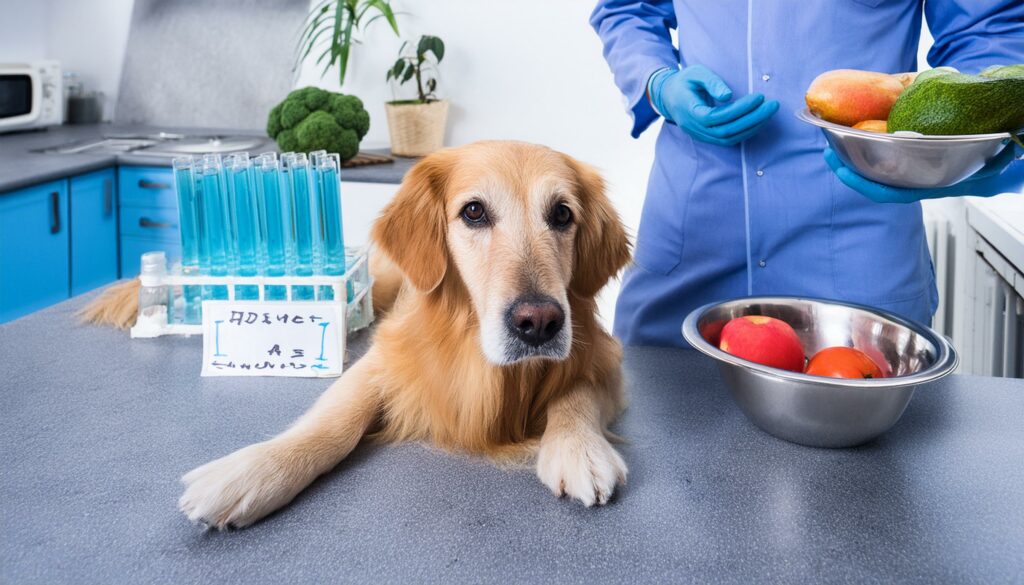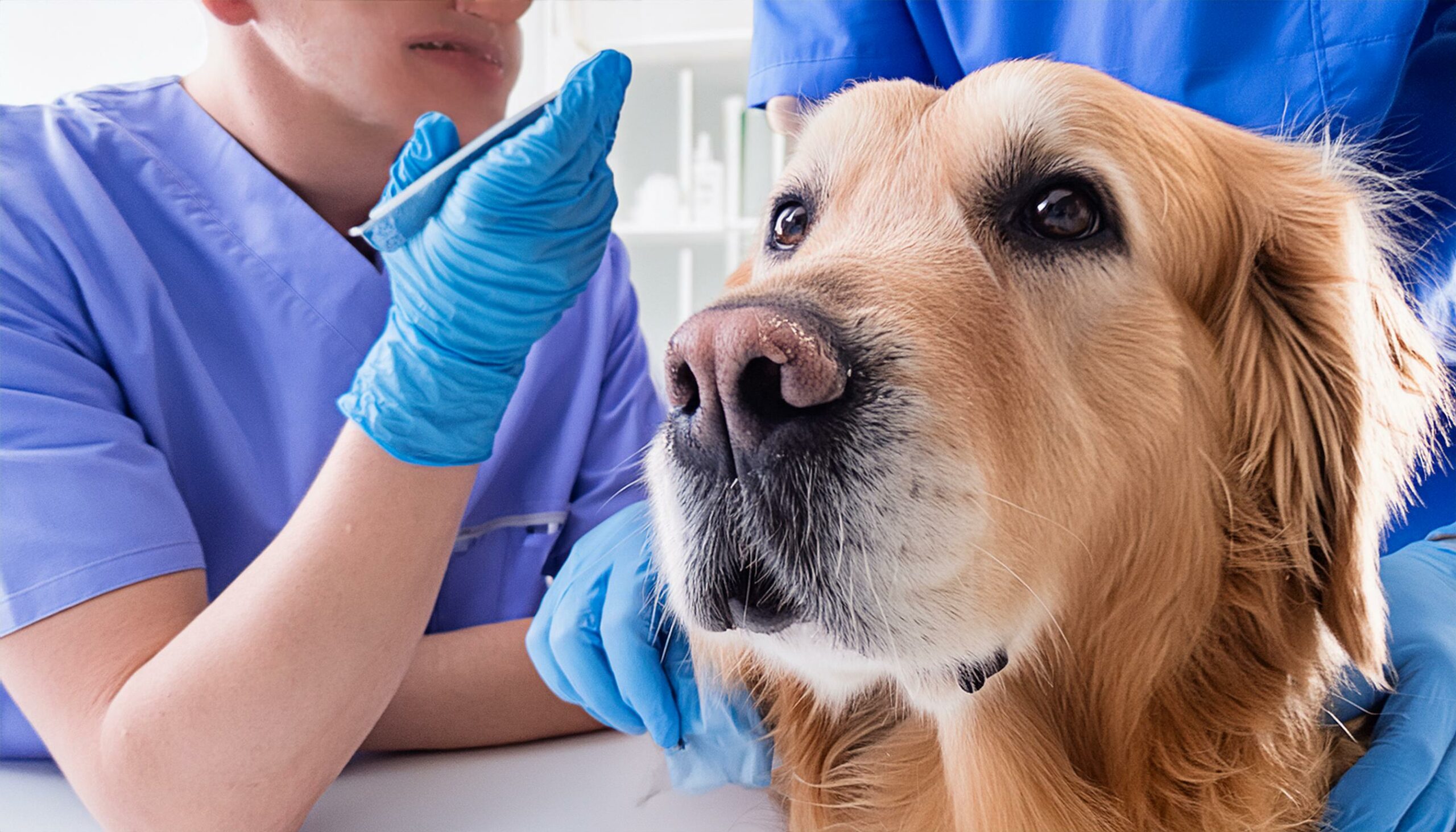Golden Retrievers are renowned for their friendly demeanor, intelligence, and versatility. Originally bred as hunting companions, they have transitioned into beloved family pets known for their gentle temperament and adaptability. Understanding their unique characteristics is key to meeting their needs effectively.
Diet and Nutrition
A well-balanced diet is essential for maintaining your Golden Retriever’s overall health and well-being. Choose a high-quality dog food that is appropriate for their age, size, and activity level. Look for formulas that contain real meat, whole grains, and essential vitamins and minerals. Avoid feeding them table scraps or foods that are toxic to dogs, such as chocolate, grapes, and onions.
Exercise Requirements
Golden Retrievers are energetic dogs that require plenty of physical activity to stay healthy and happy. Aim for at least 30-60 minutes of exercise each day, including walks, runs, and playtime in the yard or park. Engage them in interactive games such as fetch or agility training to keep their minds stimulated as well.
Grooming Needs
Regular grooming is important for keeping your Golden Retriever’s coat clean and healthy. Brush their fur several times a week to remove loose hair and prevent mats and tangles from forming. Bathe them as needed, using a gentle dog shampoo that won’t dry out their skin. Don’t forget to trim their nails regularly and clean their ears to prevent infections.
Creating a Safe Environment
Before bringing a Golden Retriever into your home, it’s essential to puppy-proof your living space. Remove any potential hazards such as electrical cords, toxic plants, and small objects that could be swallowed. Provide a comfortable and secure sleeping area for your dog, away from drafts and extreme temperatures.
Training and Socialization
Early training and socialization are crucial for shaping your Golden Retriever’s behavior and temperament. Start with basic obedience training, teaching them commands such as sit, stay, and come. Use positive reinforcement techniques such as treats and praise to reward good behavior and discourage bad habits. Expose them to different people, animals, and environments to help them become well-adjusted and confident adults.
Healthcare for Golden Retrievers

Regular veterinary check-ups are essential for monitoring your Golden Retriever’s health and detecting any potential issues early on. Keep up to date with vaccinations, parasite prevention, and dental care to ensure they stay healthy and happy. Be aware of common health problems in the breed, such as hip dysplasia, elbow dysplasia, and certain types of cancer, and work with your vet to manage these conditions effectively.
Mental Stimulation and Enrichment
In addition to physical exercise, Golden Retrievers also need mental stimulation to keep their minds sharp and engaged. Provide them with plenty of interactive toys and puzzles to play with, and engage them in training exercises such as obedience training and agility courses. Rotate their toys regularly to prevent boredom and keep them interested.
Building a Bond with Your Golden Retriever
Spending quality time with your Golden Retriever is essential for building a strong bond and fostering trust and affection. Make time for daily walks, play sessions, and cuddle time on the couch. Use positive reinforcement to reinforce good behavior and create a positive association with you as their owner.
Addressing Behavioral Issues
Like all dogs, Golden Retrievers can develop behavioral issues such as separation anxiety, aggression, and destructive chewing if their needs are not met. Address any problems early on with positive training methods and seek professional help if needed. Provide plenty of mental and physical stimulation to keep them happy and well-behaved.
Traveling with Your Golden Retriever
If you plan to travel with your Golden Retriever, it’s essential to make sure they are comfortable and safe during the journey. Invest in a sturdy travel crate or harness to secure them in the car, and bring along their food, water, bedding, and favorite toys to help them feel at ease. Make frequent stops for bathroom breaks and exercise, and never leave them alone in a hot car.
Conclusion
Taking care of a Golden Retriever requires dedication, patience, and love, but the rewards are well worth it. By providing them with proper nutrition, regular exercise, grooming, training, and healthcare, you can ensure they live a long, healthy, and fulfilling life as a cherished member of your family.
FAQs About Taking Care of a Golden Retriever
How much exercise does a Golden Retriever need each day?
Golden Retrievers typically require 30-60 minutes of exercise per day to stay healthy and happy. This can include walks, runs, and playtime in the yard or park.
What should I feed my Golden Retriever?
Choose a high-quality dog food that is appropriate for their age, size, and activity level. Look for formulas that contain real meat, whole grains, and essential vitamins and minerals.
How often should I groom my Golden Retriever?
It’s essential to brush your Golden Retriever’s fur several times a week to remove loose hair and prevent mats and tangles. Bathe them as needed, using a gentle dog shampoo, and trim their nails regularly.
Are Golden Retrievers prone to any health issues?
While Golden Retrievers are generally healthy dogs, they are prone to certain health problems such as hip dysplasia, elbow dysplasia, and certain types of cancer. Regular veterinary check-ups and preventive care can help manage these conditions.
How can I prevent separation anxiety in my Golden Retriever?
Gradually acclimate your Golden Retriever to being alone by leaving them alone for short periods and gradually increasing the duration. Provide comfort items such as toys or a blanket when you’re away to help them feel more secure.
